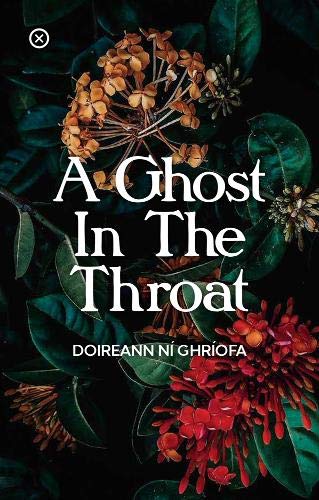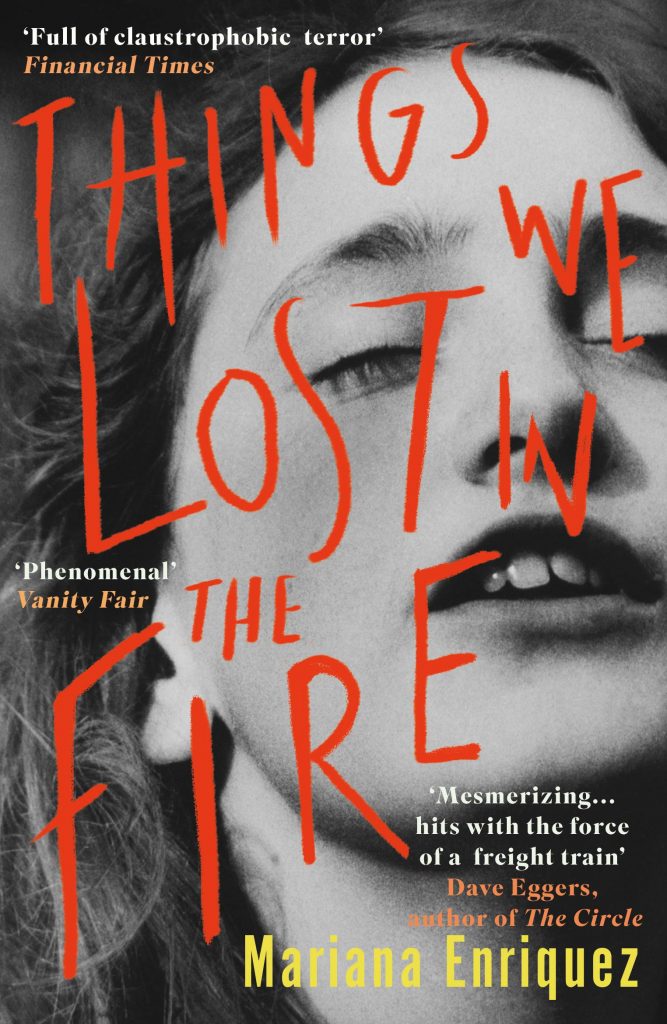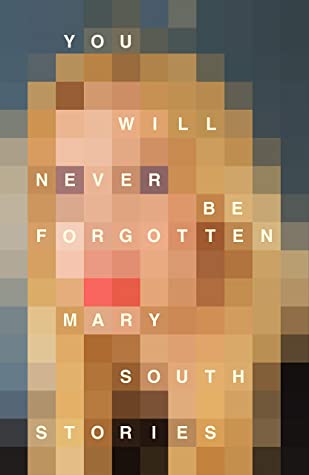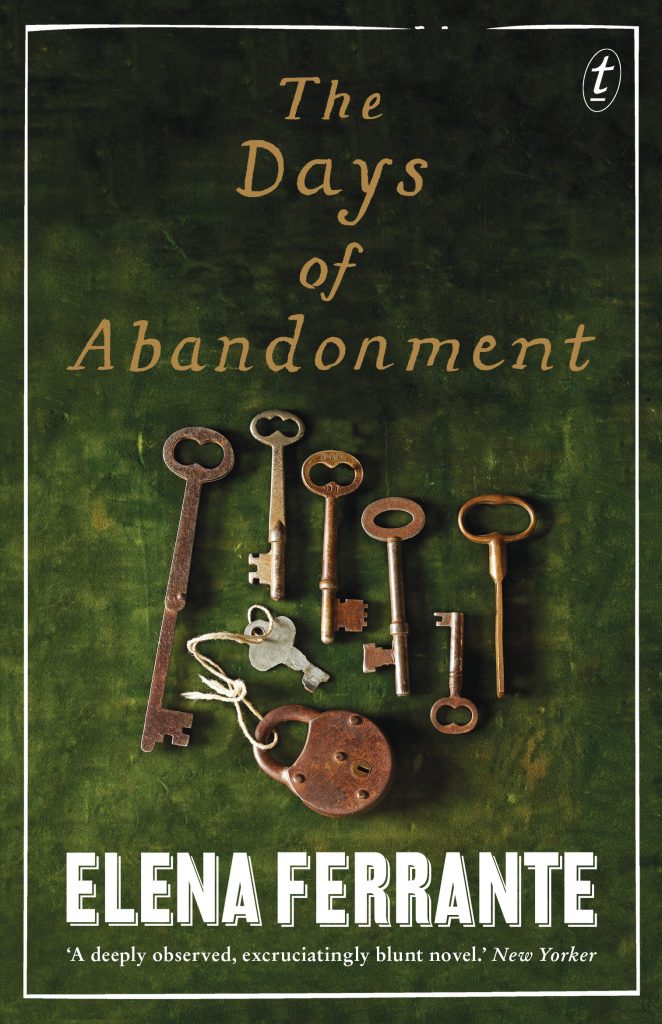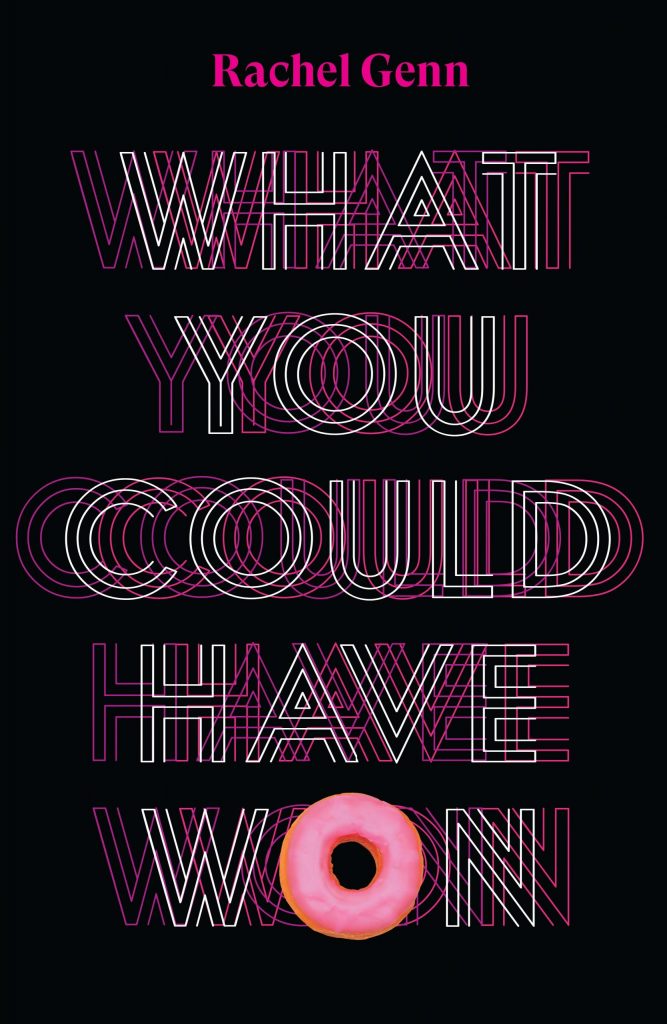I bang on about this every year I know but for me December really is the cruellest month. It’s not the cold so much as the dark, which is why I’m already feeling my spirits lift a little even in advance of hogmanay as we pass the winter solstice and there is the merest perceptible hint of lengthening evenings. Christmas this year felt different too – so much quieter and in keeping with the season somehow, a time of reflection and abatement rather than the month-long blaring insanity of conspicuous consumption. We were lucky of course, my mum and Chris and I, the three of us together for a lovely lunch and our usual post-pudding Scrabble tournament. I am so sorry if you didn’t get to see your relatives this Christmas.
I remember the final few days of 2019 as the days in which I read Ben Lerner’s The Topeka School. This is a novel whose clarity and strength of achievement felt to me at the time like a point of anchorage, a steel tent peg pinning down the tail-end of December, an intellectual full stop, bringing the reading business of the year to a satisfying close. It feels weirdly appropriate to be closing out 2020 with two short novels that are akin to The Topeka School in that they are the work of two post-post modernist writers roughly of the same generation as Lerner and similarly in the process of cementing and furthering their considerable gifts. Yet in their expression of liminal uncertainty, their ghostliness, their sense of hiatus these two books are the polar opposite of Lerner’s and perfect analogies for 2020, a year in which everyone waited, everything stopped.
All of which is my long-winded way of sneaking two extra books into my top ten reading highlights of 2020, David Keenan’s Xstabeth and Eimear McBride’s Strange Hotel, both strangely beguiling yet achingly sad, both novels of ineffable loss, both daringly innovative books from writers I admire tremendously and intend to keep keeping up with as new works appear. As for the rest, here they come, listed in the order in which I read them. I remember last year my top picks were chosen according to which books happened to have scored 10/10 on my own highly subjective and no doubt weighted book-score-ometer. This year I am varying the selection criteria slightly by going for the ten books that for whatever reason have stuck around to pester me. Many of these will have scored 10/10, though not all of them. Similarly not all the books I read in 2020 that did score top marks have made the final cut.
- The Glass Hotel by Emily St John Mandel. This was my first 10/10 book of the year and it took its time coming. I loved Station Eleven but The Glass Hotel is even better in my opinion, confirming Mandel as a writer whose next work I would be eager to pick up without knowing anything about it in advance. Whenever I think of The Glass Hotel I think also of Mark Haddon’s The Porpoise, which had a similar effect on me in being the kind of well made, imaginatively vast, gorgeously surprising book that depends on nothing but its own vision, its own surety of purpose, its own beautifully deft exploration of its guiding principles. The Glass Hotel is set around the time of the 2008 financial crash, but it speaks profoundly to our own time. A novel to reread and to treasure.
- Under the Volcano by Malcolm Lowry. I was thrilled to read this finally, a twentieth century classic that has been on my to-read list so long I was beginning to feel guilty every time I thought about it. As it turns out, Under the Volcano is everything everybody says it is: a masterpiece by any definition, The Waste Land in novel form. A cacophonous, parched, desolate, insane, stupendously beautiful, stiflingly oppressive work, a memoir of failure, tragedy and one moment of immortal triumph snatched from the wreckage. The experience of reading this book seemed interminable at the time and I never exactly looked forward to rejoining the consul but once back in his world the sheer power of Lowry’s language and vision proved irresistible. For all the copious amounts of alcohol consumed by almost everyone in it, Under the Volcano is no drunken outpouring; the form of the book is restrained and disciplined – weirdly, it kept reminding me of Ford Madox Ford’s The Good Soldier, another modern classic I took a long time getting to but that changed my world. The literary allusions, the doublings, the assonances reveal in Lowry a knowledge and feeling for literature that echoes that of Nabokov. What. A. Book. It reaffirmed my faith and rekindled my resilience. If you need your appetite whetted further, do check out the Backlisted podcast discussion on Under the Volcano – it’s fantastic.
- Minor Detail by Adania Shibli. I think this is the shortest book on this list but it is massive in scope. The uncanny clarity, the sense of dread and doubt that characterises Minor Detail make it unforgettable and in places actively frightening while you are reading it. The dual form it takes – the first half an historical crime narrative, chillingly rendered, the second part an autofictional investigation of that crime, fraught with nerves and doubt and the potential for harm – is itself the perfect metaphor for a land divided. Reading Minor Detail, one senses the author’s personal investment in a literary project that is more to her than just a project, it is a matter of justice. I felt privileged to read it and will be looking out Shibli’s previous work.
- Nudibranch by Irenosen Okojie. This most recent collection of shorter fictions by Okojie has to be her most accomplished work yet. The power of the stories – who can forget ‘Grace Jones’, winner of this year’s Caine Prize for African Writing? – is more than equalled by the revelatory, revolutionary quality of the writing itself. Nudibranch was another book that felt tough to get to grips with on occasion but repaid every effort. It is a joyous thing, to see a writer so audacious, so in command of her powers. I am eager to see more attention being paid to black and minority-ethnic writers at the experimental end of fiction; happily Okojie is in their vanguard.
- Katherine Carlyle by Rupert Thomson. I don’t just love this book, I am in love with it, all the more so because it burns slowly. I found the protagonist deeply irritating at first; gradually I became one with her. Was it Russia, was it Svalbard, was it the haunting, irresistible power of Thomson’s writing? The ending is so beautiful, so moving, so perfect. Thomson has to be one of the UK’s most criminally underappreciated writers. I will be reading Katherine Carlyle again and it might – just – be my favourite book of the eighty-eight I read this year.
- The Old Drift by Namwali Serpell. Winner of the Clarke Award 2020 and bravo to the judges for coming to their senses and plucking this gorgeous rose from the thorns of that crazy shortlist. This novel is huge in both page-count and scope and some effort is required especially in the early stages to keep all the characters and their familial connections straight in your head. But keep the faith and you’ll find yourself beguiled and bewitched by a novel that is as intelligent as it is vast and that entirely lives up to its ambitions. One of my favourite aspects of The Old Drift is the extent to which it fulfils the radical potential naturally inherent in science fiction literature. More simply and less contentiously, The Old Drift is a great novel, one that deserves to stand the test of time. A modern masterpiece.
- The Ministry of Truth by Dorian Lynskey. I will always associate this book with being on Jura, the birthplace of George Orwell’s Nineteen Eighty-Four, the novel that is the subject of this creative, vibrant and keenly insightful piece of literary biography. It is lucky I read The Ministry of Truth on Kindle as any physical copy of the book would have ended up with asterisks and stars and underlinings on every page. Lynskey’s powers of analysis – the ways in which he is able to draw a seventy-year-old work into potent, sizzling dialogue with our own time – are as commendable as the clarity and inclusiveness of his writing. It might sound odd to say it, but for me at least The Ministry of Truth was a real page-turner, a book I devoured in just a couple of days before diving into a reread of its subject-matter. I am happy but not surprised to report that it, too, scored a resounding 10/10 on my dodgy book-ometer.
- Born Yesterday: the news as a novel by Gordon Burn. Burn said in an interview that he hoped this novel would ‘bring back 2007’ to anyone reading it say twenty or thirty years in the future. Reading it in 2020 is a strikingly weird experience, not just because it does exactly that – I guarantee the events of that summer will feel instantly, eerily present to anyone who lived through them – but because of the way we have all ‘felt’ the news this year in a manner strikingly similar to that employed here, with a moment-by-moment immediacy that lends every individual, normally commonplace event the power of hyperreality . Born Yesterday is a powerful antidote to so much of the contemporary fiction we are told is ‘timely’ and ‘important’ but that is actually an empty construct, and I loved this book with my whole heart. Whenever I read Burn I find myself bitterly regretting his premature death, his keenly-felt absence from our literary lives. He challenges and inspires me like no other writer.
- The First Stone by Helen Garner. Another of my literary idols. The First Stone landed Garner in a pile of controversy back when it was first published in 1995 but that just goes to show how necessary a work it was and remains. What a brave, remorselessly self-examining, curious, questing, prescient book this is (I am guessing Garner’s own description of the ‘intellectual openness’ of US academe is making her laugh out loud right now). Should the point need stressing (as depressingly it probably does) whether one agrees with the stance Garner takes at the beginning of The First Stone is immaterial; what matters is Garner’s desire to interrogate a question as objectively as possible, to examine evidence, her honesty in doing so, her refusal to be cowed or bullied, her constant openness to the possibility that she might be wrong. I listened to a podcast interview with Eimear McBride recently in which she stressed that the one duty of the writer is not to be simplistic. That, in essence, is the true subject of The First Stone and it is impossible for me to overstate how much I appreciate Garner’s project, her writing, the force of her literary personality as expressed through it.
- The Inland Sea by Madeleine Watts. And talk of the devil, I came to Watts’s debut novel through an essay she published this year on the diaries of Helen Garner! (I love how these matters of interest so often join up.) The Inland Sea is a powerful, unusual and often discomfiting first novel that combines climate anxiety with memoir, a nation’s unsettled past history with the imminent near-future. The story of John Oxley and his search for Australia’s non-existent inland sea is compelling, dark and strange. The protagonist’s day-job as emergency services dispatcher offers a weird symmetry. Watts’s writing is sensitive and unsparing and her characters – Pat, Clemmie, Maeve and Lachlan – all spring vividly to life. As with all the best books, I was left feeling hungry for more and I cannot wait to find out where Watts goes next.
In spite of all obstacles and even because of them, 2020 has proved to be a fascinating, sustaining and fulfilling reading year for me, one in which the purpose and importance of reading has been stressed and re-stressed, the consolation, inspiration, energy and purpose that reading brings has been doubly precious. Next week and for my first blog post of the new year, I want to look forward into 2021 to some of the books I am particularly keen to be reading in the coming months. Until then, Happy New Year everyone – and take care out there.
